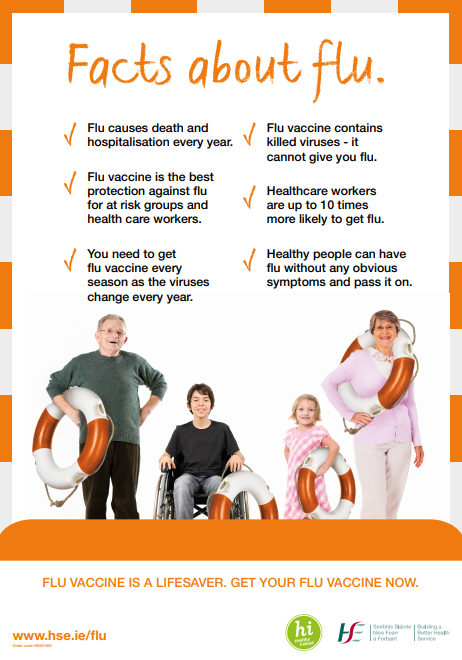
The flu (pronounced 'een-foos-ee') is called the "flu" because it causes flu-like symptoms. It is an airborne disease that causes chest aches, fever, chills, body aches, headache, and possibly earaches. Flu is generally caused by the seasonal influenza virus (VY-rus).
A seasonal influenza virus has two major strains
One type causes an upper respiratory tract infection (URT) which may not lead to pneumonia. The other type causes a pandemic influenza, which can cause serious illness or death. A pandemic is a rapidly spreading infection. This is why you should get vaccinated for the flu even if you think you do not have the disease.
The swine flu is believed to be responsible for the deaths of thousands of people each year. Although it is true that many people suffer from the flu, the majority of those who are diagnosed with the flu do not experience any symptoms. When people first begin to develop symptoms, they can have anywhere from six to 21 days to have the infection properly treated before they start to show flu-like symptoms. In the vast majority of cases, the symptoms will fade away within two weeks. If you catch the flu before it fades away, you can still pass it on to others.
Even if you do not have any symptoms associated with the swine flu, it is still important to have yourself vaccinated. If you do not have access to the vaccination program, you can purchase a flu shot online or at a local pharmacy.

People who have not had the swine flu before are at a higher risk of getting it again
If you or a family member contracted the swine flu and you have never had a seasonal influenza before, you should still get vaccinated. This will allow your body's immune system time to fight off the infection. Once you have the shot, you are ready to return to school, work, or play. where there might be people who are infected with the swine flu.
Many doctors recommend that everyone get vaccinated against the swine flu, but you don't have to. If you or a loved one has a pre-existing health condition, it might be best to wait until it is under control. If you don't think that your health is in jeopardy, you can go to a store and buy yourself or someone else a vaccine. There are vaccines available for people who have asthma, diabetes, chronic lung conditions, kidney diseases, and AIDS.
The flu shot comes in two types, a trivalent vaccine and an expanded-range vaccine. The trivalent vaccine is the more common of the two. It protects against a particular strain of the virus and prevents more than one virus from causing an outbreak. When a person gets a flu-shot, all of the viruses that are protected will be covered, so this makes it less likely that any of them will infect others. Another advantage to getting this type of vaccine is that it will reduce the risk that the flu will affect your child or a family member.
There are many different ways to get the flu shot. Some of these include: purchasing an over-the-counter shot, visiting a pharmacy, going to a health care provider, or being vaccinated through an organization like the Centers for Disease Control and Prevention. There are many ways to prevent the spread of the swine flu, but it is very important that you receive all of the recommended shots and that you keep them up to date. These measures will help to ensure that your body is prepared to fight off the virus.